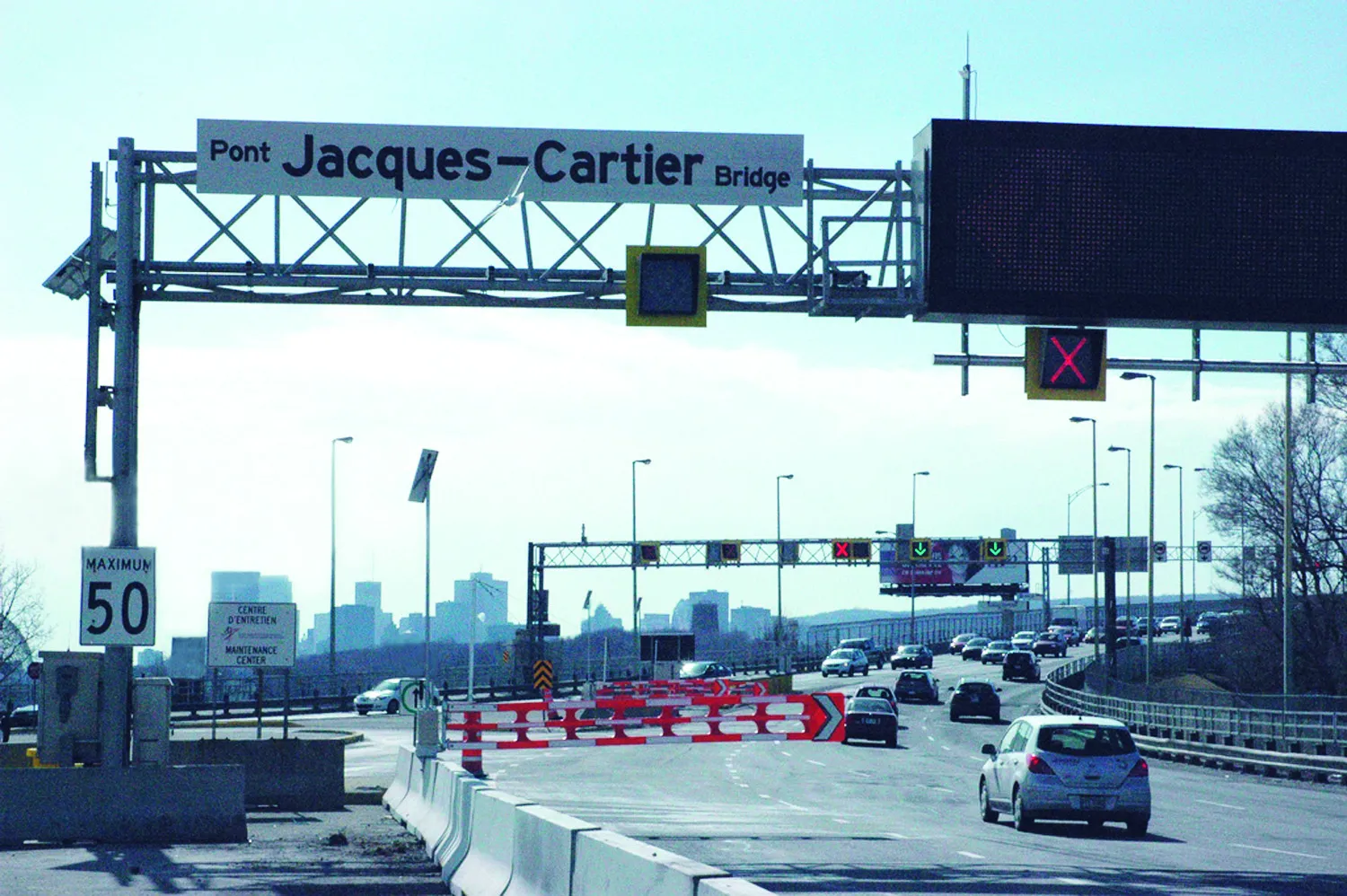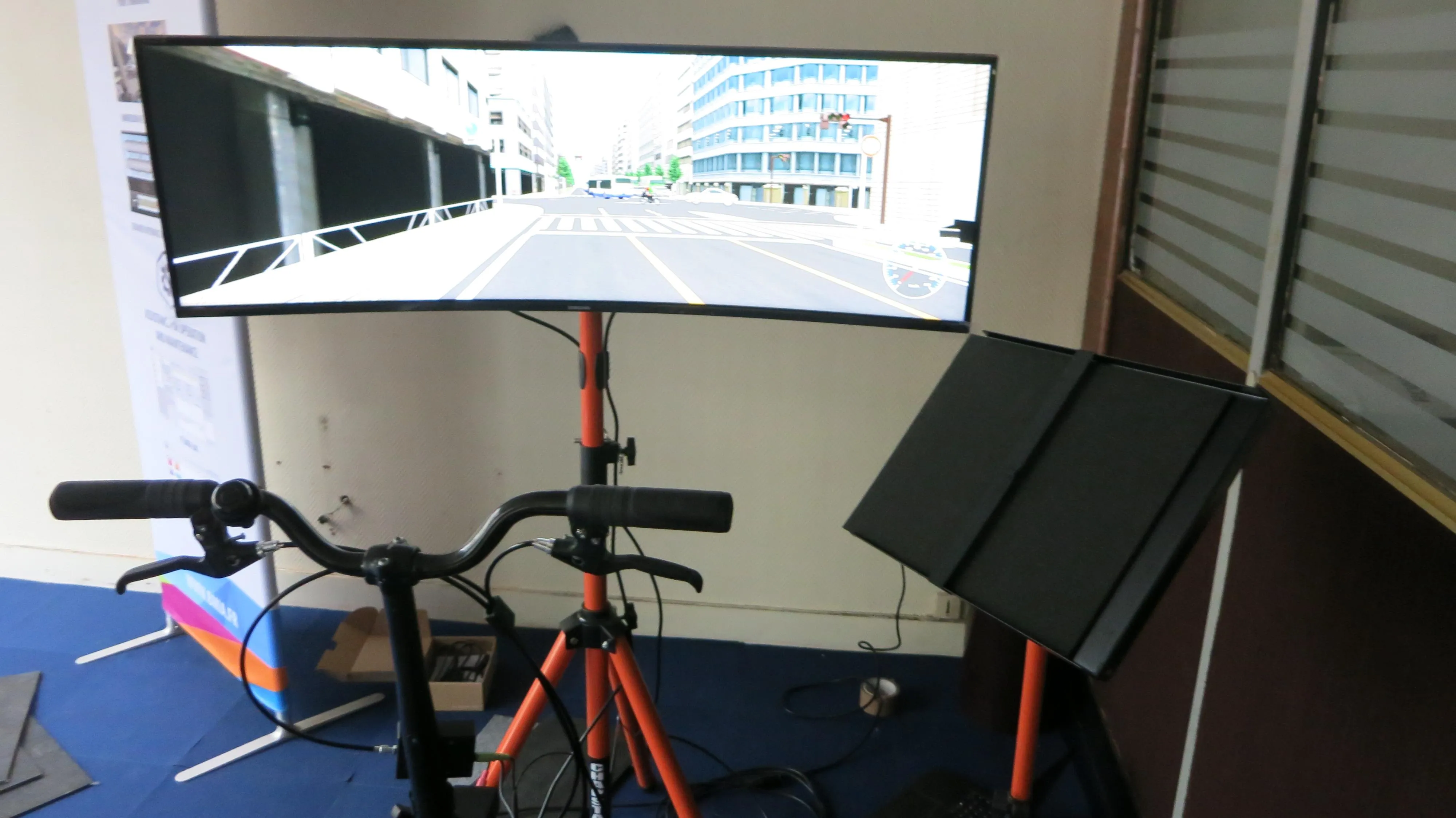Sweden’s Transport Administration (
The demonstration area will be built in the bus lane along 1km of Getingevägen Road near central Lund. Construction will begin during the first quarter of 2020 and last for three years.
The project’s budget is €9.3 million of which Trafikverket will contribute €8.3 million with the other consortium players supplying the remaining funds.
Lund is a historic town of around 91,000 people with cobbled streets and home to Lund University, one of Sweden’s oldest educational institutes. The city also has one of Europe’s most developed cycling infrastructure. There are 4,800 bike parking spaces in the town, including a multi-storey facility at the railway station, more than 260km of bicycle paths and lanes. The government estimates that around 43% of journeys within the city are by bicycle.
The Elväg Syd consortium, which includes state, educational and private sector players, will use technology developed by one of the consortium members, Elonroad. Other members are Innovation Skåne coming on board as project manager, Kraftringen Energi, Lund municipality, Lund University of Technology, Skånetrafiken, Solaris Sverige and Sweden’s National Road and Transport Research Institute (
The test road is based on a 200m long test track set up outside Lund in 2017 (see video). Elonroad’s concept involves a conductive rail - 5cm high and 30cm wide - laid on top of the asphalt or concrete road surface. The rail acts as a recharging infrastructure for electric vehicles with electric motors and batteries – although the Lund test site will be for only buses. The rail also has inclined sides to make it smooth for vehicles when drivers change lanes.
The rail consisting of short grounded segments are arranged along a single track. Every second segment can switch to positive when a car passes over it. Three contactors will supply a steady current rectified with diodes before charging the battery.
Rainwater passes under the road. During winter, snow can be removed by a special plow developed by Elonroad. Ice on the top surface of the rail will be melted by a heating system. A grounded strip will stop leaking current from the positive segment under the vehicle.
When the driver exits the rail system, the vehicle’s batteries take over for non-electric roads. Batteries take over automatically at exits and roundabouts.







